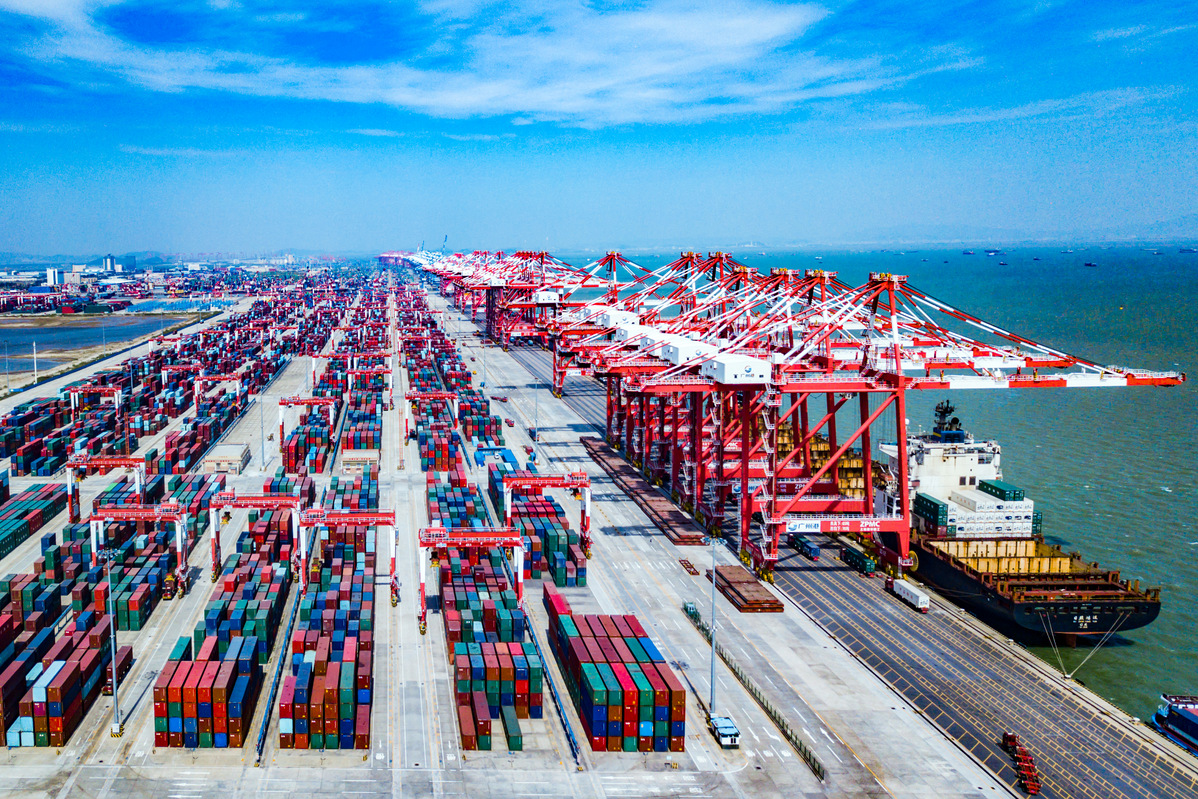China asks US to work together on economic, trade issues
By Wang Keju | chinadaily.com.cn | Updated: 2025-04-09 17:15

China has called on the United States to work with Beijing toward the same direction, to resolve respective concerns and jointly promote the sound, stable and sustainable development of China-US economic and trade relations, according to a white paper released on Wednesday by the State Council Information Office.
The recent US measures using tariffs and other threats as coercive tools are a grave mistake, further exposing the typical unilateralist and bullying nature of the US government, as noted in the white paper titled, "China's Position on Some Issues Concerning China-US Economic and Trade Relations".
These actions not only violate the laws of a market economy, but also run counter to the principles of multilateralism, and will have a severe impact on China-US economic and trade relations, the document states.
The key is to respect each other's core interests and major concerns, and find proper solutions through dialogue and consultation, the white paper said.
The essence of China-US economic and trade relations is one of mutual benefit and win-win cooperation, despite the inevitable differences and frictions that arise between the two countries due to their different stages of development and economic systems, the white paper said.
"If the US side insists on further escalating its trade and economic restrictive measures, China has the firm will and ample means to take resolute countermeasures, and will see this through to the end," an official with the Ministry of Commerce said on Wednesday when detailing the white paper.
"There are no winners in a trade war, and China has been reluctant to engage in one. But the Chinese government will not stand idle if the legitimate rights and interests of the Chinese people are harmed or deprived," the official said.
The official noted that history and facts have proven that raising tariffs will not solve the US' own problems, but instead trigger violent fluctuations in the financial markets, increase inflationary pressures, weaken the country's industrial foundation, and heighten the risk of economic recession in the US.
























